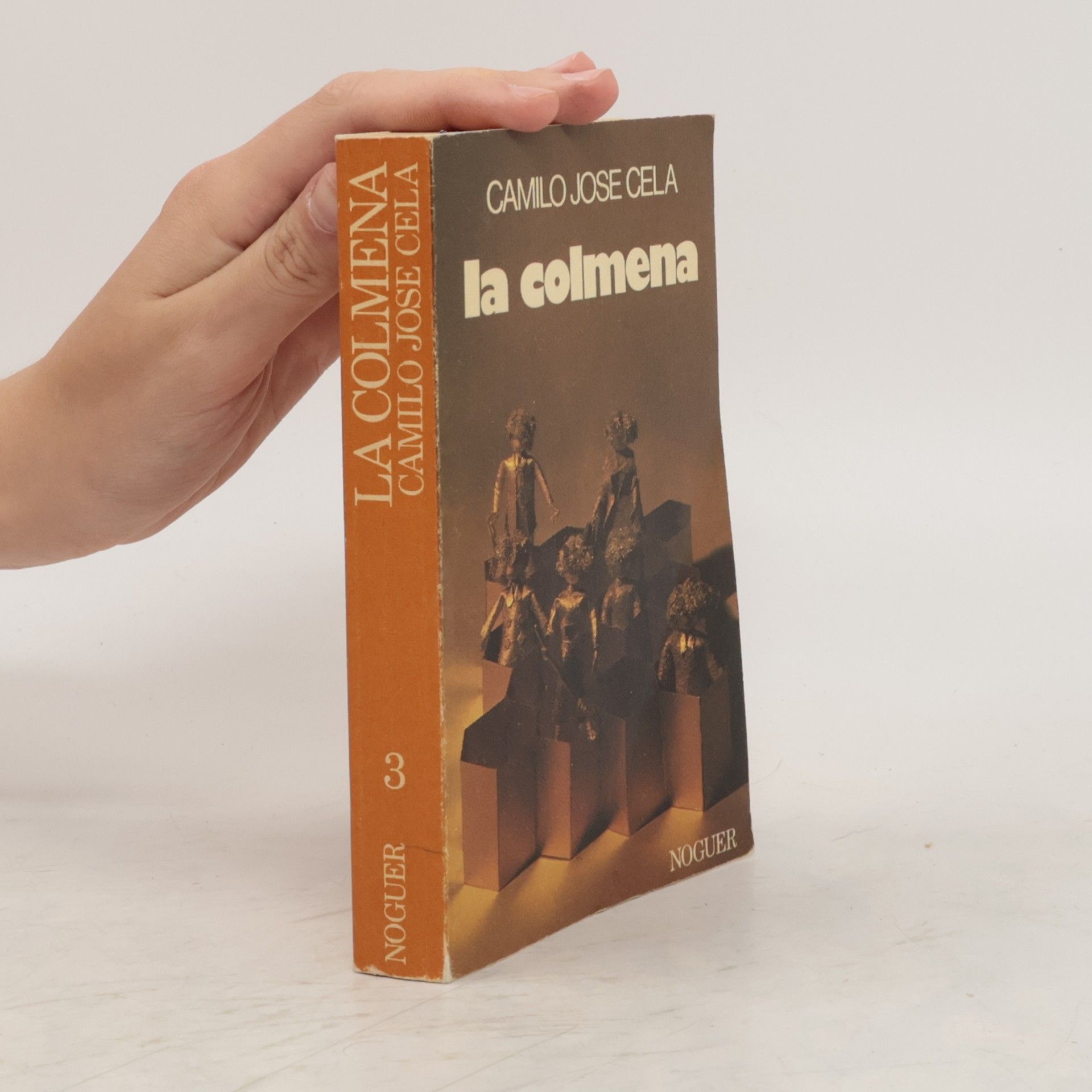Complete and uncensored in English for the very first time, a fragmented, daringly irreverent depiction of decadence and decay in Franco's Spain written by the 1989 winner of the Nobel Prize in Literature. The translator Anthony Kerrigan compared Camilo José Cela, the 1989 winner of the Nobel Prize in Literature, to Louis-Ferdinand Céline and Curzio Malaparte—all “ferocious writers, truculent, badly spoken, even foulmouthed.” However provocative and disturbing, Cela’s novels are also flat-out dazzling, their sentences as rigorous as they are riotous, lodging like knives in the reader’s mind. Cela called himself a proponent of “uglyism,” of “nothingism.” But he has the knack, to quote another critic, Américo Castro, of deploying those “nothings and lacks” to construct beauty. The Hive is set over the course of a few days in the Madrid of 1943, not long after the end of the Spanish Civil War, when the regime of General Francisco Franco was at its most oppressive. The book includes more than three hundred characters whose comings and goings it tracks to hypnotic effect. Scabrous, scandalous, and profane, The Hive is a virtuosic group portrait of a wounded and sick society.
Sentieri IncertiSerie
Questa serie approfondisce i complessi viaggi e le svolte imprevedibili delle relazioni umane. Segui i personaggi mentre affrontano decisioni difficili e le loro conseguenze di vasta portata. Le narrazioni sono ricche di profondità emotiva, crescita personale e la ricerca di significato in un mondo incerto. Offre una narrazione avvincente sull'amore, la perdita e la resilienza.



Ordine di lettura consigliato
Nobelprijsbibliotheek - 7: De Bijenkorf
- 286pagine
- 11 ore di lettura
Madrid tijdens de winter van 1942. De kleine burgerij vegeteert in koffiehuizen en bordelen; het leven sleept zich voort in de monotonie van onbeduidende conflicten en schaarse momenten van geluk. Een bonte stoet Madrilenen trekt voorbij - biddend, ruziënd, roddelend, de liefde bedrijvend...